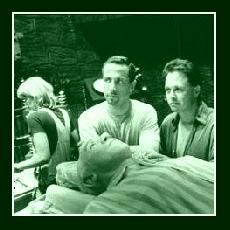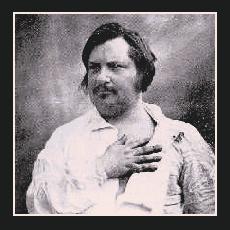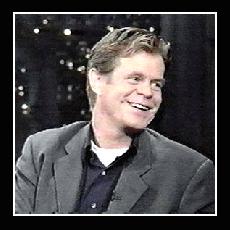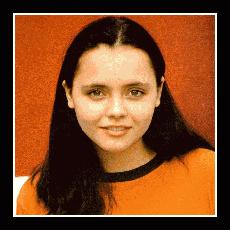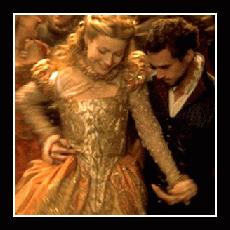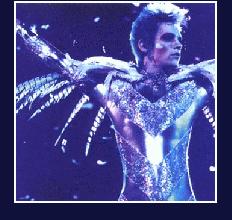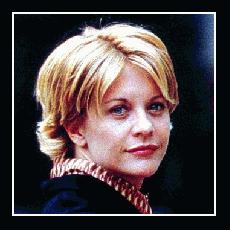 |
Meg Ryan Unlike any other A-list star in 1998, Meg Ryan ventured gamely into into high-visibility roles in major films of different genres—and she contributed in each of them some of her best, most mature work. That Ryan is rarely, if ever, given the acclaim she deserves is both a testament to the seamlessness of her performances and a diminishment of how much craft she puts into them. The most common assessment of Ryan's work in romantic comedies like You've Got Mail or romantic dramas such as City of Angels—even in rock-bottom gutter dramas like Hurlyburly, in which she plays a notorious call-girl—is that she has an innate cuteness, an incontestable likability on which to always get by. Stop and think for one second, though, about the number of people you know whom everyone in your world finds charming and likable, and you'll start to get a sense of the degree of Ryan's achievements and the skill involved in her acting. By always making basic, humanly inflected sense out of her words, by timing her looks and her gestures in perfect harmony with those of her co-stars, and by refusing to give up her innate intelligence even when she portrays perplexed or confused or desperate characters, Ryan convinces us that she is listening as much as speaking, that she comes from a humane, "ordinary" center we can all relate to, and that she is a major talent who does not steer clear of a challenge. |
